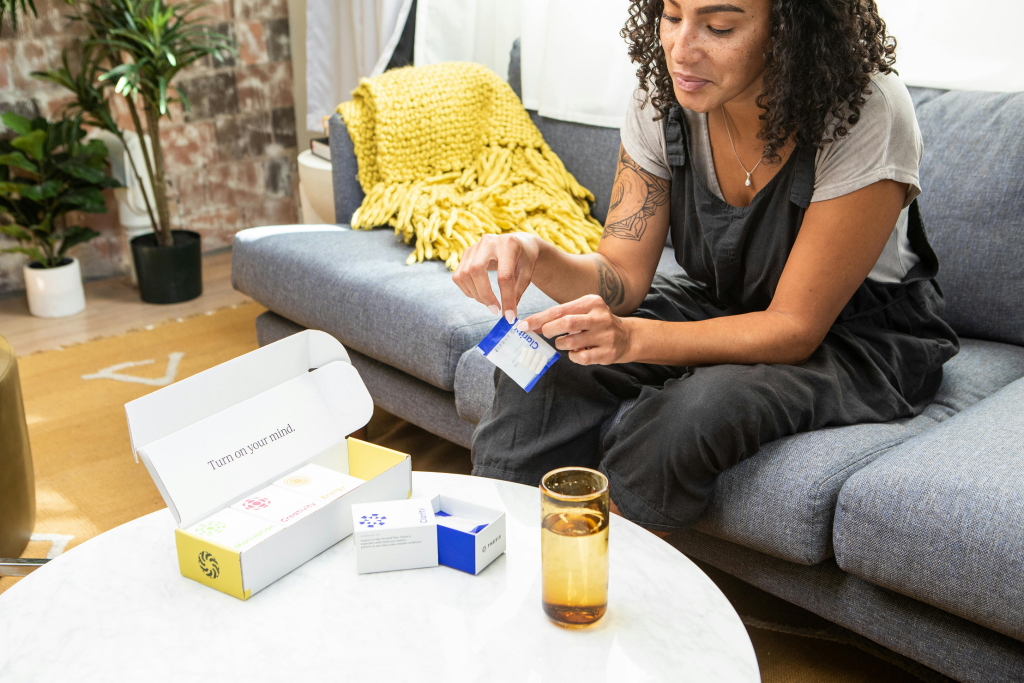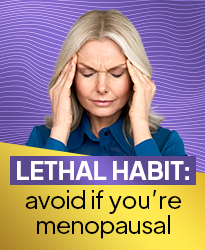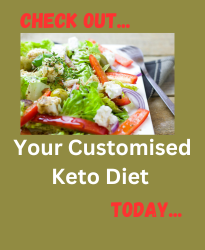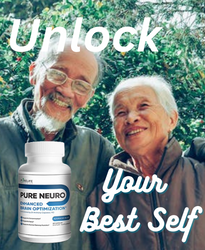You know that gut feeling you get when you’re stressed, nervous, or about to make a terrible life decision, like eating questionable sushi from a gas station? Well, that’s your gut talking to your brain. Yes, your gut and brain are in cahoots! They’ve got this little back-and-forth going on that impacts everything from your mood to your decision-making (and even how quickly you run to the bathroom). This is the famous gut-brain axis, and it’s a game-changer when it comes to mental health.
So, grab a kombucha (or whatever fermented potion you’re into), and let’s dive into how you can boost your mental health by simply feeding your gut the right stuff. Spoiler: it involves fewer potato chips and more weird stuff like kefir.
The Gut-Brain Axis: Nature’s Awkward BFFs
Imagine your gut and brain as that odd but inseparable duo—think Sherlock and Watson, or Bert and Ernie. While your brain is busy making decisions (like deciding to skip the gym again), your gut is influencing whether you feel happy, anxious, or like lying on the couch for the next three days. They’re constantly chatting via the vagus nerve, the VIP express highway that links the gut to the brain. This gut-brain hotline has a profound impact on your mood, anxiety levels, and even your cognitive function.
The gut is home to trillions (yes, trillions) of microbes, often referred to as the gut microbiome. These microscopic tenants produce neurotransmitters like serotonin and dopamine, which play key roles in regulating mood. In fact, about 90% of the body’s serotonin is produced in the gut. So, if your gut microbiome is out of whack, it’s like a miscommunication between your brain’s emotional headquarters and the department of “keeping it together.”
Join Our Mailing List
Register now to get our hints and tips newsletter directly to your inbox
Your Gut On Junk Food: A Bad Rom-Com
Before we dive into the “what to eat” part, let’s first talk about what happens when you treat your gut like a garbage disposal. You see, your gut microbiome thrives on fiber, fermented foods, and all that good-for-you stuff your grandma used to cook. But when you constantly feed it ultra-processed, sugar-laden, and greasy fast food? Well, let’s just say things get ugly.
Imagine your gut bacteria as a lively community. When you eat well, it’s like hosting a harmonious town hall meeting where everyone’s thriving. But when you fill it with junk food, it turns into a dysfunctional reality TV show where the bad bacteria are the villains, taking over and creating chaos. The result? Inflammation, brain fog, and mood swings worthy of a soap opera.
Boosting Mental Health Through Diet: The Gut-Friendly Grocery List
Now that we’ve scared you straight about junk food, here’s the good news: boosting your mental health through diet doesn’t have to involve anything too extreme (like drinking celery juice and pretending to enjoy it). It’s all about making simple, delicious changes that your gut—and brain—will love.
1. Fermented Foods: The Unsung Heroes
First up, let’s talk fermentation! Fermented foods are basically gut superheroes. These probiotic-rich delights—think sauerkraut, kimchi, yogurt, kefir, and kombucha—help populate your gut with good bacteria. Not only do they improve digestion, but they also boost your mood by supporting that gut-brain communication.
Pro tip: If you’re new to fermented foods, start slow. Jumping straight into an all-kimchi diet will have you locked in the bathroom, texting your friends that you’ve made a horrible mistake.
2. Fiber: The Gut’s Best Friend
Fiber is to your gut what Wi-Fi is to your phone—absolutely essential. Fiber helps to keep things moving (you know what I mean), but more importantly, it feeds the good bacteria in your gut. Foods like whole grains, fruits, veggies, and legumes are packed with prebiotics, the fuel that good gut bacteria love.
Apples, artichokes, bananas, and oats? Yes, please! Your gut will feel like it’s on a tropical vacation, and your brain will get the memo to chill out.
3. Omega-3 Fatty Acids: Brain Food That’s Actually Delicious
We can’t talk about brain health without giving a shout-out to omega-3 fatty acids. These fatty acids are like the cool kids on the block when it comes to reducing inflammation and supporting brain function. They also help regulate the gut-brain axis. Fatty fish like salmon, sardines, and mackerel are great sources, but if you’re not into fish, flaxseeds, chia seeds, and walnuts are excellent plant-based alternatives.
Bonus: eating these foods regularly might help reduce that post-Netflix-binge guilt. You’re essentially feeding your brain the best superfood available, so you’re practically a wellness guru now.
4. Polyphenols: The Antioxidant Powerhouses
Polyphenols are antioxidant compounds found in foods like berries, dark chocolate, olive oil, and green tea. Not only do these help to reduce oxidative stress and inflammation in the gut, but they also support cognitive health. Yes, you heard me—dark chocolate is good for you! (Just don’t eat an entire bar in one sitting. Your gut still needs some boundaries.)
5. Probiotic Supplements: Gut Health in a Bottle
If fermented foods aren’t your thing, a high-quality probiotic supplement can help get your gut microbiome back on track. Just think of it as a gut reset button. But don’t rely solely on supplements—remember, food is medicine, and there’s no pill that can replace a healthy, balanced diet.
A Happy Gut is a Happy Mind
The gut-brain axis is like a silent puppet master pulling the strings behind your mental health. By feeding your gut the right nutrients, you’re not only keeping your digestion happy but also helping your brain function at its best. Who knew that swapping out potato chips for a handful of walnuts or adding some yogurt to your breakfast could make you feel so zen?
Remember, food is one of the most powerful tools for improving both your mental and physical health. So next time you’re at the grocery store, let your gut do the shopping—just try not to end up with nothing but kombucha and kale. Even your gut has limits.




